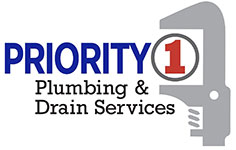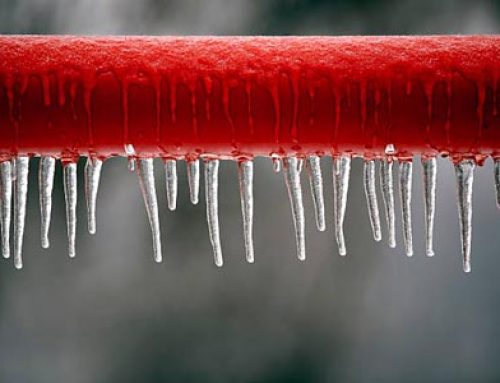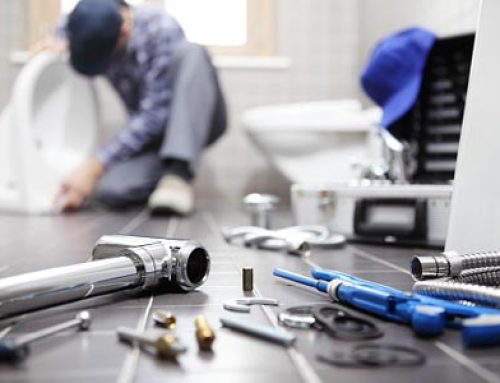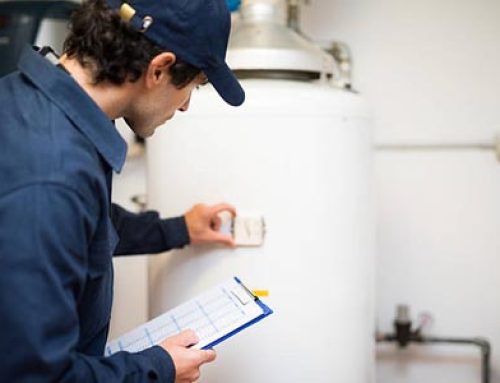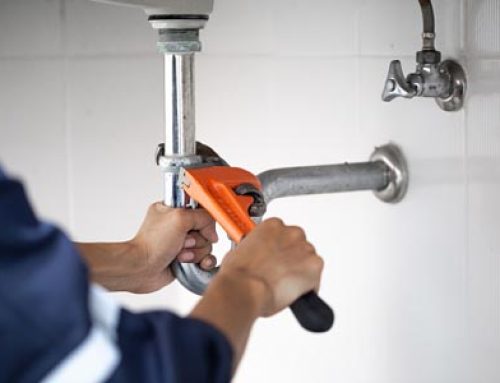What is backflow testing?
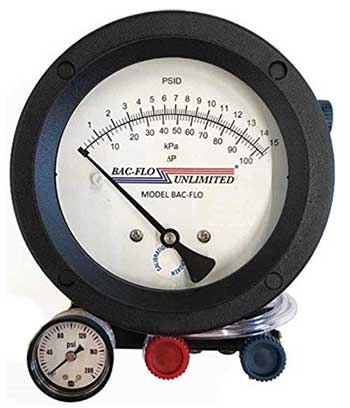 Backflow testing is a crucial process used to ensure the safety of public water supplies by checking the integrity of a property’s backflow prevention system. The backflow prevention system prevents the reverse flow of water from a property back into the main water supply, which could contaminate the drinking water. Local regulations may require periodic backflow testing to ensure that these systems are working correctly and comply with health and safety standards.
Backflow testing is a crucial process used to ensure the safety of public water supplies by checking the integrity of a property’s backflow prevention system. The backflow prevention system prevents the reverse flow of water from a property back into the main water supply, which could contaminate the drinking water. Local regulations may require periodic backflow testing to ensure that these systems are working correctly and comply with health and safety standards.
In accordance with the provisions of the Virginia Uniform Statewide Building Code and the Virginia Department of Health Waterworks Regulations, all testable backflow assemblies are required to be tested and inspected at the time of installation, immediately after relocation or repair and at least annually.
We all benefit from backflow testing!
Testing ensures the safety of our water supplies by protecting the public water supply from potential contamination. Backflow events can introduce pollutants, chemicals, or other harmful substances into the water distribution system, jeopardizing the health of the community.
Following backflow testing requirements ensures that property owners comply with local regulations and codes. Compliance not only helps maintain a safe water supply but also avoids potential fines or penalties for non-compliance.
Backflow testing helps identify and rectify issues with backflow prevention systems before they become severe problems. Early detection of faults or malfunctions allows for timely repairs, reducing the risk of backflow incidents.
Regular backflow testing can minimize the risk of property owners being held liable for backflow-related incidents that affect public health or cause property damage.
